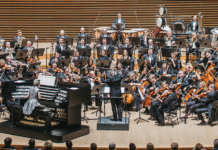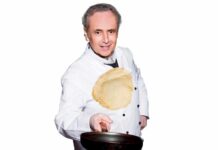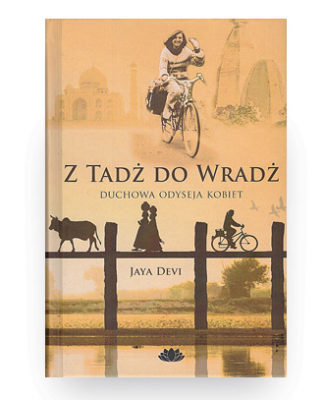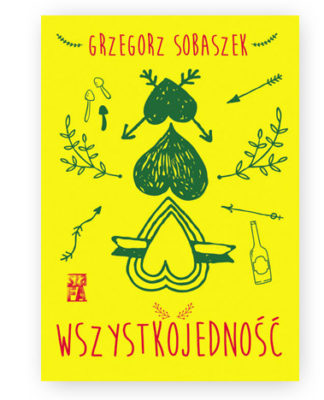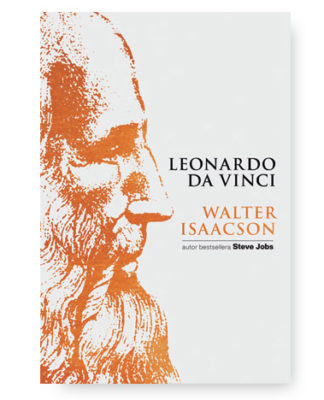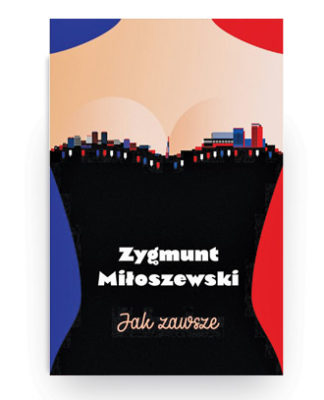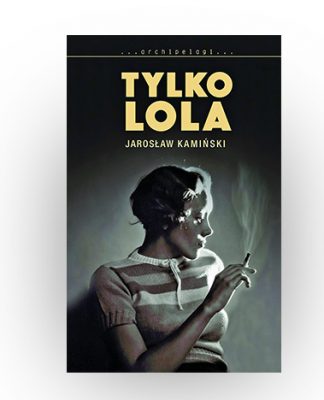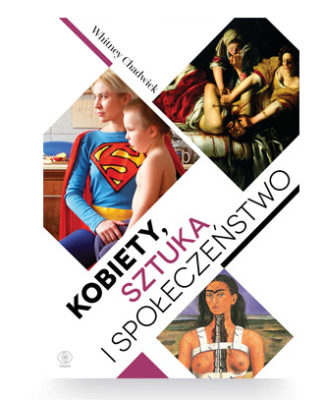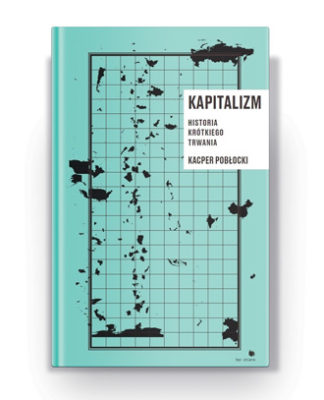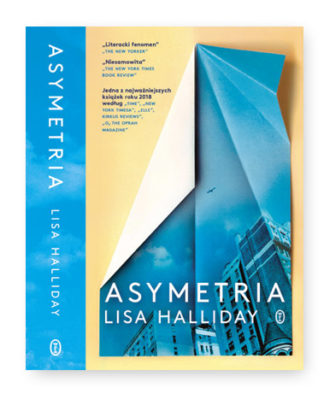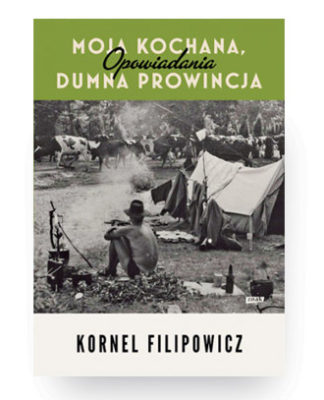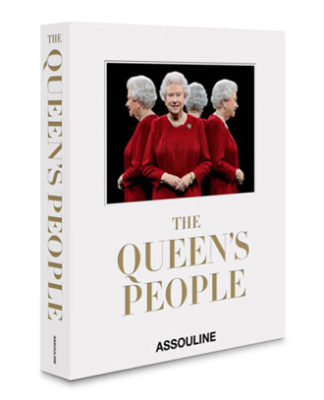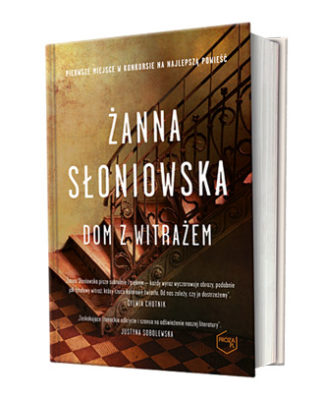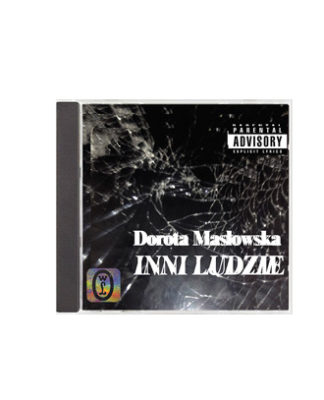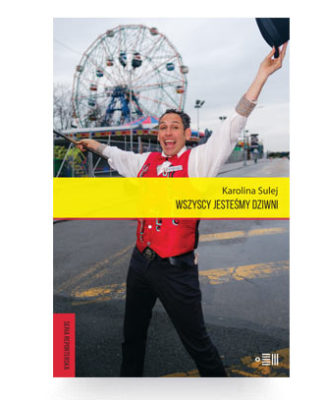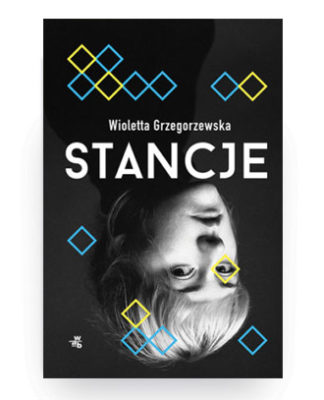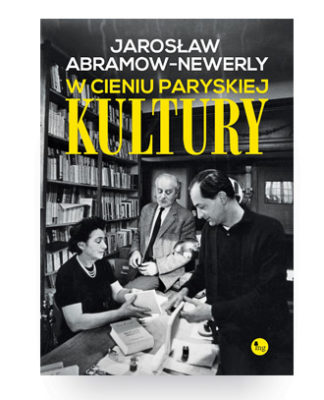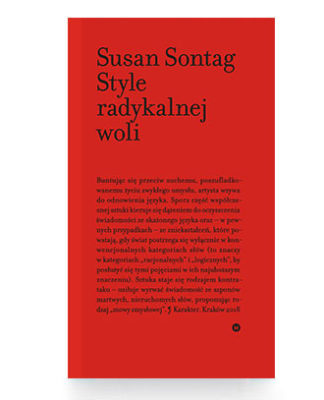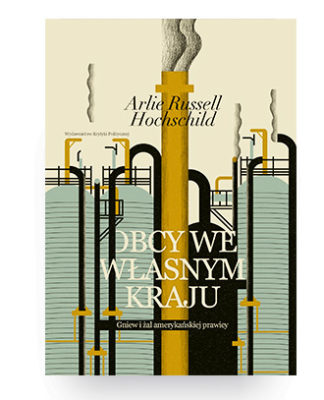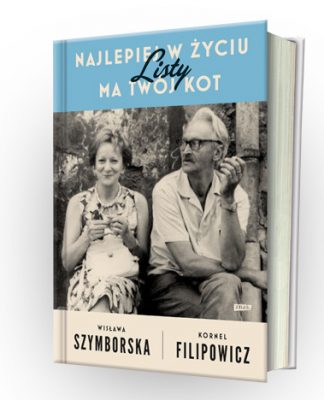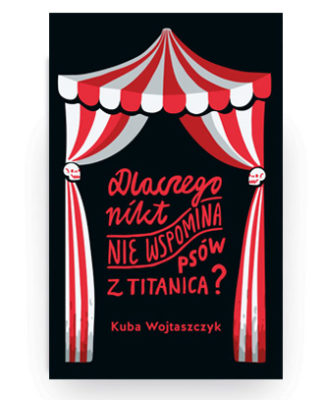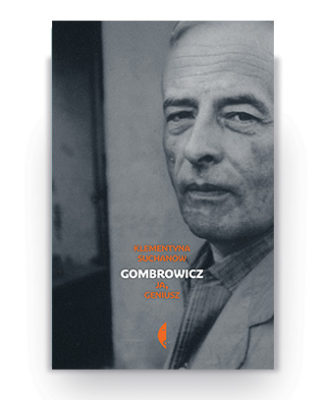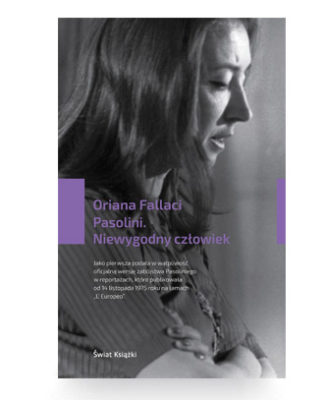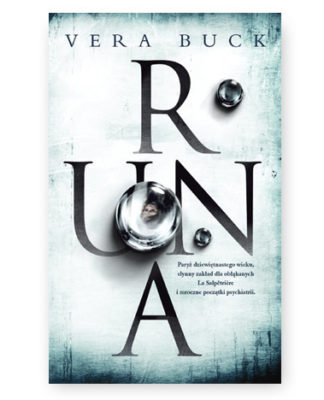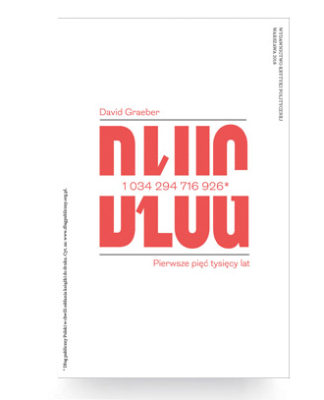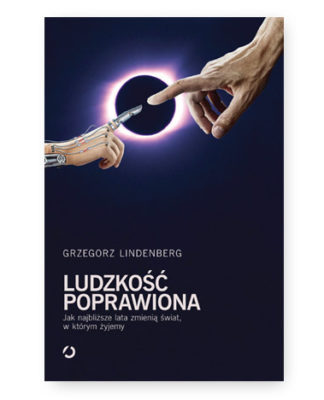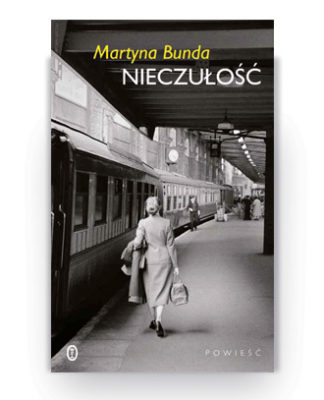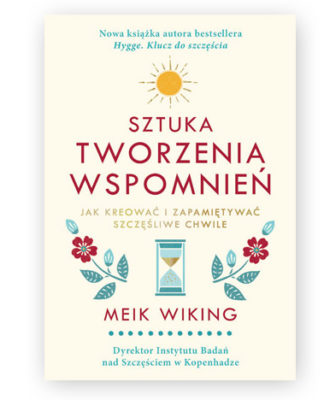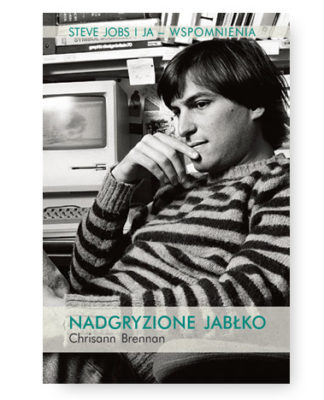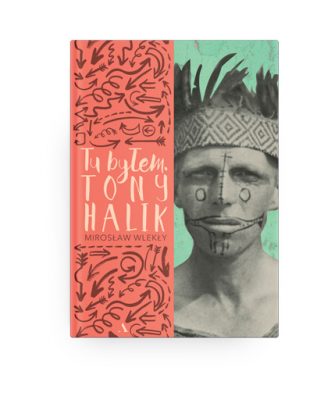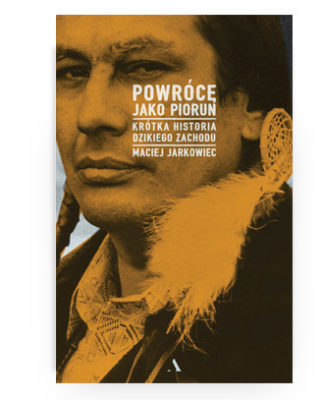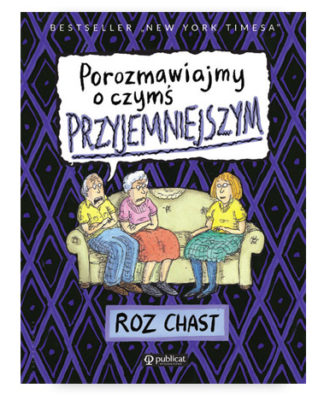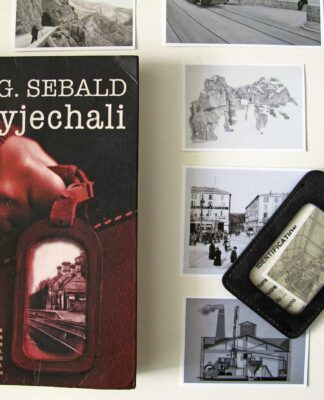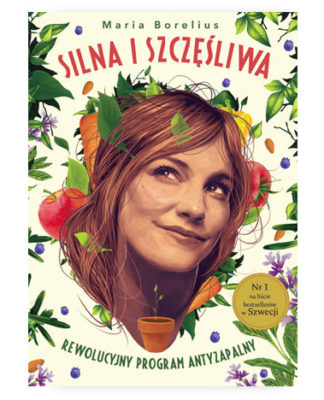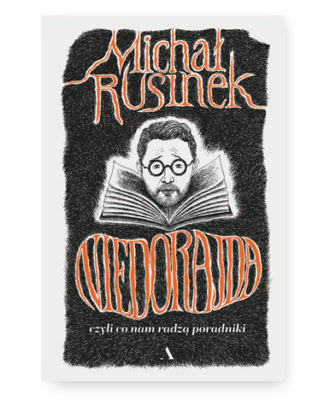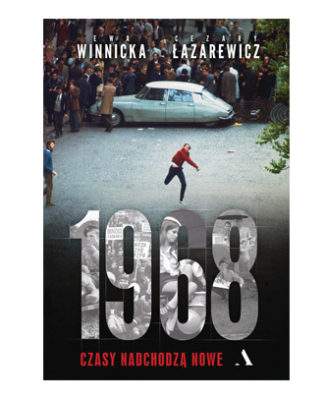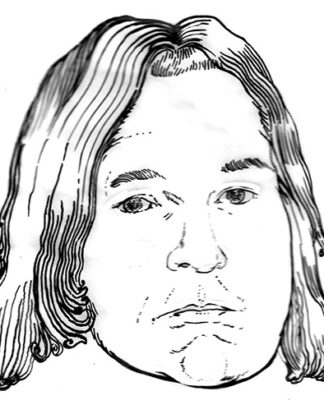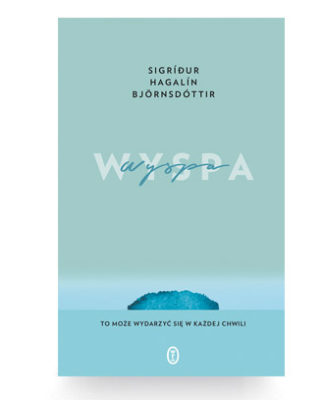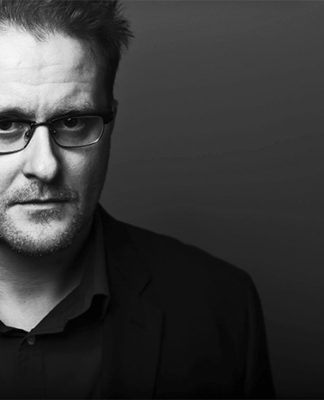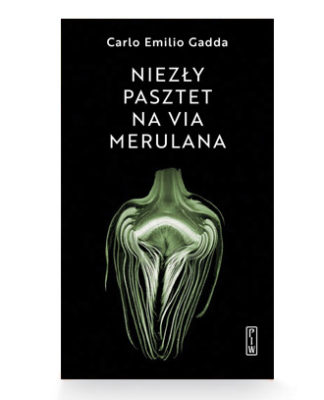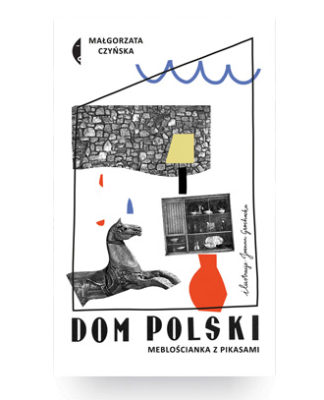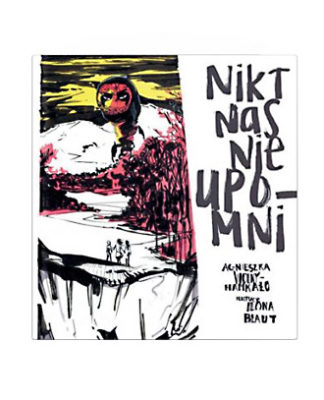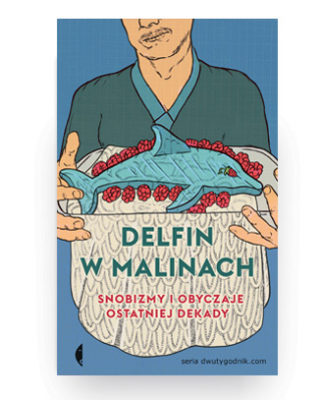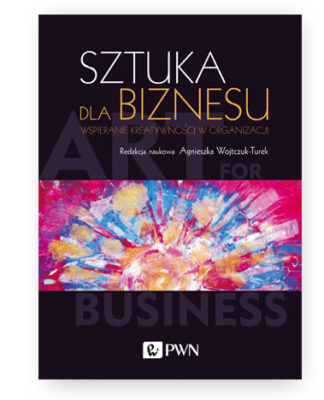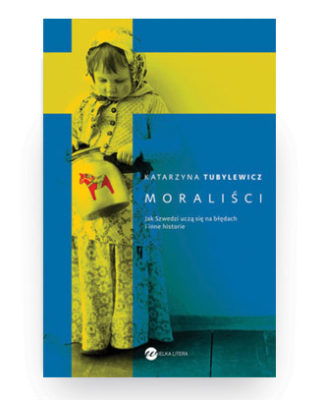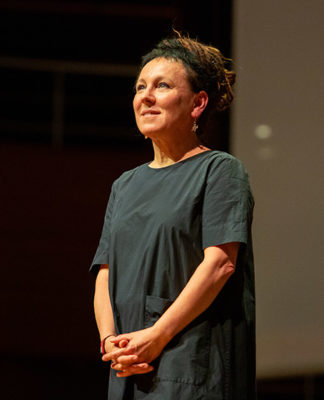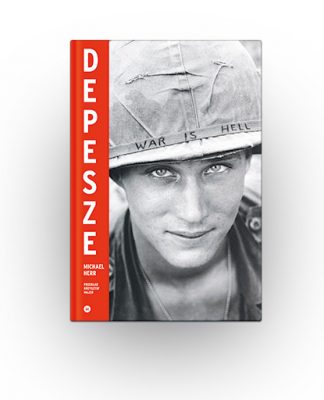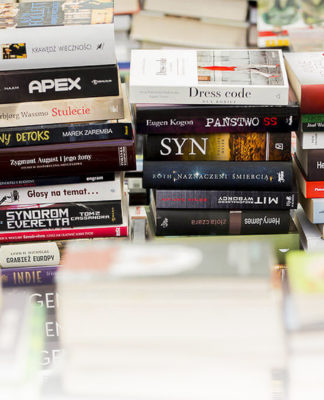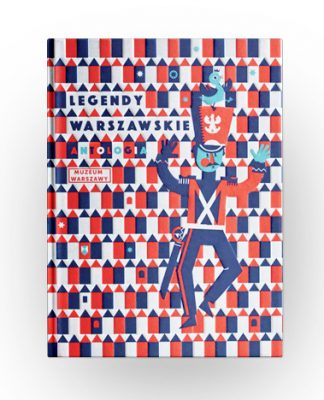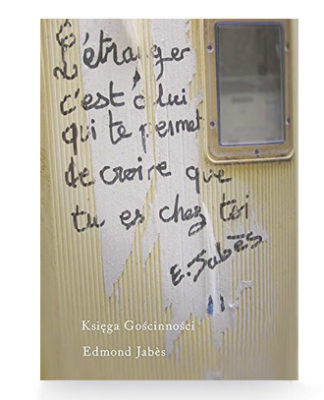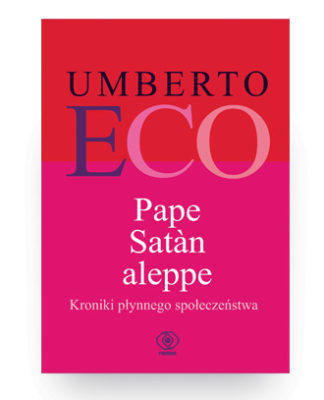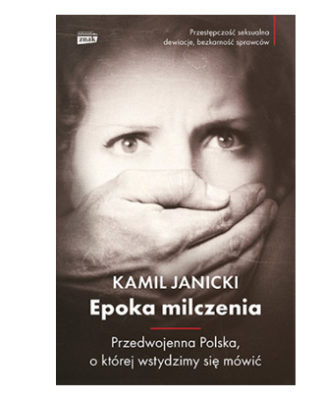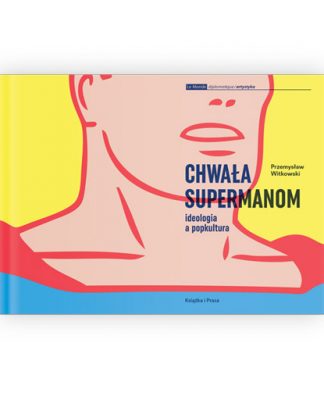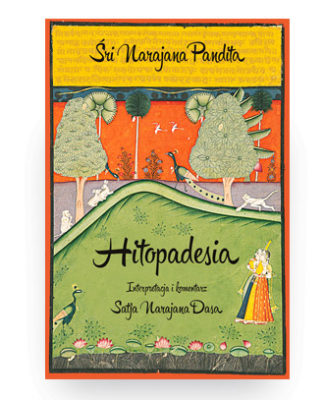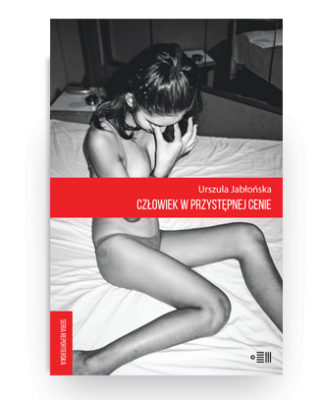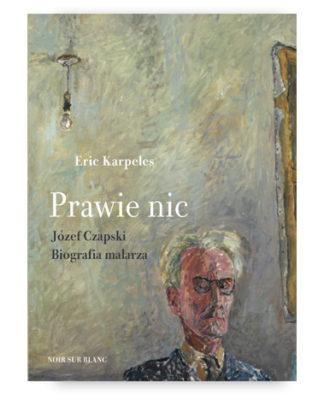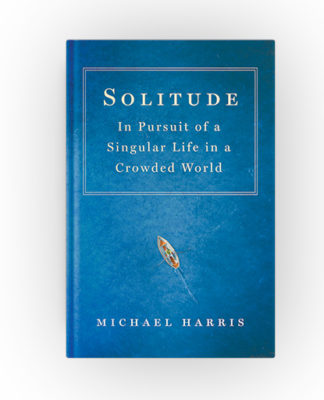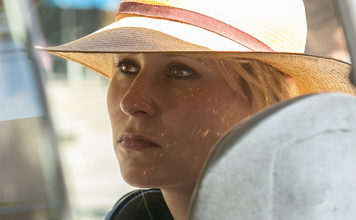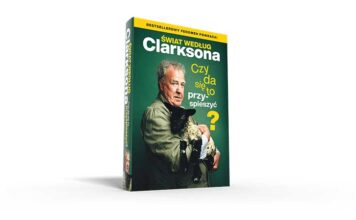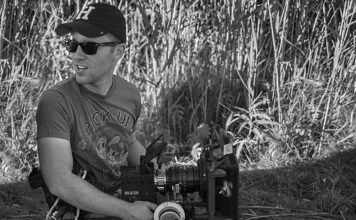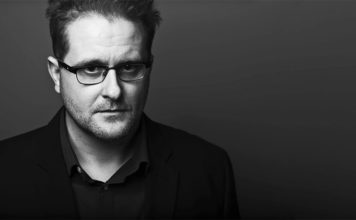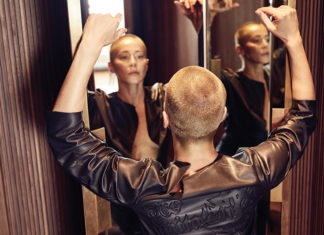Photo: Sean Sinclair @ Forespoke
Hayden Tee is known all around the world for his award-winning portrayal of Javert in the Australian, New Zealand, Broadway, West End and Dubai productions of Les Misérables. He recently completed a cabaret tour around Australia promoting his latest album, Face to Face. Prior to the outbreak of the global COVID-19 pandemic, Hayden was about to embark on an international tour of the musical Matilda, returning to the role of Miss Trunchbull, which he previously performed in London’s West End. We talk to Hayden at his home in New Zealand, where he is in lockdown like all members of the theatrical community around the world.
Text: Jansson J. Antmann with contributions by Carly Fisher and Lynden Jones
You are no stranger to cabaret, winning the New York Award at the 2002 Sydney Cabaret Convention and making his New York cabaret debut at Don’t Tell Mamma on 46th Street in Hell’s Kitchen. How did you go about developing your recent cabaret show?
I wrote it while I was on holiday in Tahiti, but it changed a lot as I rehearsed with my musical director Nigel Ubrihien. The fact is, the subject matter took 39 years to compile. I wanted it to combine all my loves – make-up, performance, singing and acting. It took me that long to be able to stand up on stage and be my authentic self, rather than another character. That’s not something I do very often.
The show promoted your new album, Face to Face. What inspired your choice of songs?
Four years ago, my long-time collaborator Nigel Ubrihien and I first decided that we wanted to make an album like that. We worked on it solidly for 3 years. After looking at songs from roles I’d played and had an affinity with, we ended up with a long list. We had two criteria: we wanted to tick off the big-name composers and develop a list of antagonists and rebels. If the song didn’t fit that mould, it got cut.
You’d last performed in Australia in the musical Only Heaven Knows in 2017. The tour marked your first appearance on the Australian stage since then. What did you enjoy the most about that?
Australia is home to me. I moved there when I was 18 and I studied there. My great relationships are here and it’s my creative home. I find that audiences here are warm and welcoming, but they also like when you make them feel uncomfortable by playing a twisted role. British audiences don’t like that as much. What’s more, I got to work with Nigel again. We’ve worked together for such a long time. We anticipate each other’s thoughts and finish each other’s sentences. That’s largely due to many nights around the piano arranging songs over a lot of vodka. It was wonderful to explore the songs from the album in front of a live audience. I was able to talk to the audience and they could talk back. The joy of cabaret lies in the audience participation.

You’ve performed the role of Javert in Les Misérables around the world. International stars like Rob Guest and Philip Quast had previously made the roles of Jean Valjean and Javert their own. You are now part of that legacy. How do you feel about that?
I am very grateful for the opportunities the show has given me. The fact that Les Misérables has been performed everywhere and is so successful lends kudos to anyone who’s performed in it – stage cred, if you like. However, I don’t think I’ll ever be able to compete with those two. I look up to both of them so much. I went to the same high school as Rob Guest. He won the Drama Cup and then so did I. I’m not comparing myself to him at all. The point is, I literally grew up watching Rob and I’ve followed Philip Quast ever since he appeared in the 10th Anniversary concert of Les Misérables. I still have Philip in my head at times, because I grew up with his interpretation of the role of Javert.
What is your favourite moment in Les Misérables?
My favourite song is ‘Stars’, but my favourite moment in the show comes at the very end during Valjean’s death when he sings, “Alone I wait in the shadows”. It’s such a beautiful moment in the show and it’s what we’ve been building up to the entire evening. For me, it’s the emotional and musical pay-off.
How do you keep a character like Javert human?
It’s about justifying the things he does. He does bad things for good reasons. He never does something just for the sake of it or causing pain. He is essentially a good person, who’s just doing his job and if you focus on that truth, the rest takes care of itself.
What’s the secret behind the success of Les Misérables?
I challenge anybody to not be able to find a way into the story and identify with it on some level. It’s about hope and the human condition, and that’s accessible to all of us.

And the reason for the enduring popularity of musical theatre?
The theory underpinning the musical is that the emotion is elevated to a point where speech doesn’t suffice anymore. You are living in a heightened reality. It’s heaven!
What was it like performing Miss Trunchbull in the musical Matilda on the London stage?
Matilda is my favourite musical of all time. I saw the first preview on Broadway and I fell in love with it and that role. It was a dream-come-true to be cast in the show. I got my visa to the UK with the aim of performing that role, because at that time it was the only production of Matilda still playing anywhere in the world. It was ticking off a box on my bucket list and a dream role. I’m very grateful for the experience, but at the same time it was the hardest job I’ve had. It was physically and mentally the toughest role I’ve ever played. I think it’s important to talk about these things and I have to say I’ve never questioned my mental health as much as I did on that show. You know … never meet your heroes or play your dream roles. Trunchbull does bad things for bad reasons. She gains pleasure out of mistreating the children! That’s not so fulfilling to perform as an actor. Compared to her, Javert is actually a decent person!
How do you pick the roles you perform?
Performing a role is like therapy. If I need to work through something and I can find something in there that will help me. I love complex characters and I’m attracted to villains. I like to find the reasons for why they do bad things. I find it satisfying when you can make audiences sympathize with them, because offstage I’m a Goody Two-Shoes. Each process is different, but I always like to find at least one character trait that the role and I share. For example, Javert and I share self-righteousness. I have to be careful that when I play the role it doesn’t carry over outside the theatre. Character hangover is a real thing. I suffer from it and I’ve been to therapy because of it. One way I manage that is through scent. Each character has a fragrance that I can wash off and when I leave the theatre I put on my ‘Hayden scent’. For example, Javert is Chanel Egoïste, while Trunchbull is Tuscan Leather by Tom Ford – she was a really expensive character.

And what’s your own fragrance?
Black Orchid by Tom Ford.
Do you have a hobby outside the theatre?
Yes, make-up actually is my therapy. I suffer from anxiety, so my way of processing the day is to put on make-up and post the results on Instagram.
What have been some of your career highlights?
Javert has been a highlight. I just finished playing him in December last year and I know it’s not going to be the last time. That tortured and twisted character has been very good to me. I hadn’t realized how much I missed him until I was playing Miss Trunchbull in Matilda. Obviously, my Broadway debut was a highlight. It was something I’d always dreamt of and worked for. I’ll never forget that. And the families I’ve created around the world. I love travelling for work and I love the fact that I now have a London family, a New York family, my real New Zealand family and, of course, my Australian family. It’s always about the people around you, onstage and off.
How does touring affect your life?
I made a conscious decision to travel around the world the way I do because I want to be paid to do what I love. By opening up four markets, I’ve given myself four-times the opportunity to work. However, it’s not glamorous and it comes at a price. In order to do that I’ve had to sacrifice relationships in the past, which can be very difficult at times, because I’d like to be focused on something other than myself and my career.
What dreams do you have for the future?
When it comes to the bucket list, I must admit that I’m asked this a lot and it never happens. I used to say I’d love to perform the title role in The Phantom of the Opera and now I’m mourning the fact that it will probably never happen. To be honest, I think that my dream role hasn’t been written yet. However, one day I’d really like to play Carnegie Hall – preferably with Nigel Ubrihien on the piano. |









